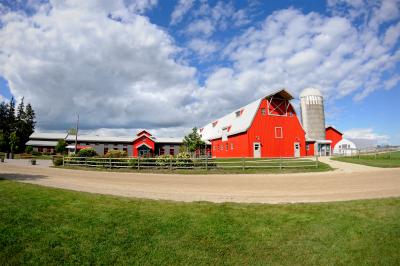
In the Minnetonka community, we are fortunate to have grocery stores and businesses that are readily accessible to supply food items on a daily basis. Minnetonka High School is within a three mile radius of Lunds & Byerlys and Lakewinds Food Co-op, and just a short walk from Cub Foods and Target. This convenience allows for easy access to products from around the United States. However, this convenience comes with the long journey it takes to put food on the shelves of these stores, in many cases emitting carbon emissions that contribute to climate change. During summer months, when food items like cucumbers and apples can be grown in Minnesota, the perfect opportunity arises to join a CSA program.
CSA stands for Community Supported Agriculture, and is defined as a program where members of the community can receive an assortment of fresh produce directly from farms around the area. This method of food distribution cuts out the need for a grocery store, supporting farmers and the planet in the process. Without the need for massive amounts of transportation, carbon emissions can be greatly reduced and fresher food can be consumed. The reasons to join a CSA outweigh any downsides that may be relevant. If you’re worried about the distance to a farm in your area, just a 22-minute drive West from MHS is Gale Woods Farm, which offers CSA shares from June to October.
If you’re looking for something closer, Kowalski’s Markets around the community offer CSA pickup through the Forest to Fork produce program based in Rochester. There are options all over.
By joining a CSA, you’re helping the planet along the way. According to Pahl’s Market, a sixth-generation family-owned and operated farm in Apple Valley, Minnesota, “there are a lot of environmental benefits of CSA programs.” For example CSA members “can lower CO2 emissions by limiting transport and long distance refrigeration, plus local farms will almost always produce less groundwater pollution.”
CSA programs are important in our world because of their contribution to the planet. The connections that farms make directly to the consumer are important. There is a sense of comfort in knowing exactly where your apples and potatoes come from, rather than purchasing them from a large grocery chain that transports food from hundreds of miles away.






















